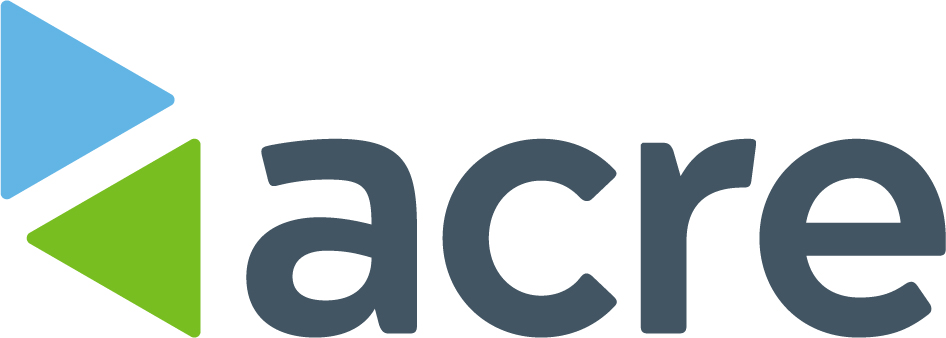London Is on Board With England's First Hydrogen-powered Double-deckers
by Jack Porter

A fleet of 20 hydrogen double-decker buses has been released onto the streets of London to help cut toxic fumes and tackle climate change.
In what is believed to be a first for England, the £12m hydrogen double-decker buses are being introduced on the number 7 route in the capital, running between East Acton and Oxford Circus.
Wrightbus has manufactured the new zero-emission buses and the hydrogen will be produced at a facility in Cheshire. From 2023, the Air Liquide facility in Runcorn will be converted to produce only green hydrogen (using electrolysis powered by renewable energy).
Aberdeen already has hydrogen buses operating and more are expected to be rolled out in Bristol, with each bus needing to refuel once a day.
Transport for London’s (TfL) other business partners for the new hydrogen fleet are gas cylinder manufacturer Luxfer, and Nel Hydrogen, which has installed a refuelling station at an Ealing bus depot.
TfL’s sustainability goal is to operate only zero-emission vehicles by 2030.
Geoff Hobbs, TfL’s interim director of buses, said: “London may have one of the cleanest bus fleets in Europe, but we need to continue to act now to tackle climate change and the city’s toxic air quality.
“Introducing these hydrogen double-decker buses to our fleet, alongside electric buses, diversifies our green bus portfolio and helps us use the right technology for the varying operational requirements of our vast network. This will help Londoners breathe cleaner air.
“Our investment in hydrogen won’t just benefit London, either. Outside the capital, we are supporting jobs across the UK and our involvement with the industry across Europe is making cleaner fuels more affordable to cities all over Europe.”
TfL is also ploughing investment into electric models, with more than 500 electric buses currently in operation, while other buses have been retrofitted to meet the Euro VI emissions standard.
Funding for the new hydrogen buses, which were launched by London mayor Sadiq Khan, has been jointly provided by TfL, the UK Government’s Office of Zero-Emission Vehicles and two European bodies – the Fuel Cells and Hydrogen Joint Undertaking, and the Innovation and Networks Executive Agency (INEA).
It is predicted that hydrogen will account for a quarter of final energy consumption in road transport globally by 2050, according to a recent report by Bloomberg Intelligence.
The UK Government’s National Bus Strategy will result in a ban on new diesel bus sales, with consultations underway to support bus manufacturers and operators and it is aiming to deliver 4,000 British-built electric and hydrogen buses over the course of this Parliament.

